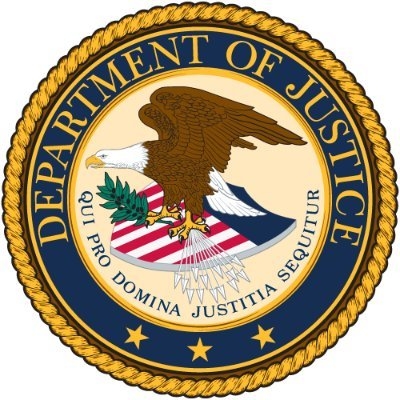The Capitol Report, produced by WisPolitics.com — a nonpartisan, Madison-based news service that specializes in coverage of government and politics — provides a weekly analysis of issues being debated in Wisconsin state government. It is underwritten by the WNA and produced exclusively for its members. WisPolitics.com President Jeff Mayers is a former editor and reporter for the Associated Press and a former political writer for the Wisconsin State Journal.
The Universities of Wisconsin system, which has been rocked by financial problems and closures,
is getting a major review from a legislative study committee.
The Legislative Council Study Committee on the Future of the University of Wisconsin System
launched this summer with a big mission: “examine demographic trends affecting the University of
Wisconsin System (UWS) and evaluate institutional infrastructure needs based on geographic access, workforce planning, and student demand for specific areas of study. The committee is also directed
to review the administrative staff needs and governance structure of the UWS, including the Board
of Regents. In response to its findings, the committee shall recommend legislation to modify
current statutes to address the future plans for the UWS.”
The committee’s work could have a major impact on higher education in Wisconsin and help
reassure prospective college students and their parents that their local campus will be there.
The committee is chaired by state Rep. Amanda Nedweski, R-Pleasant Prairie, who has a
degree from UW-Parkside.
Born and raised in Kenosha County, she began her professional career as a technology consultant
and then as a senior professional in Financial Planning and Analysis for CNH Global in Racine. Her
official bio describes her as “passionate about economics,” which may come in handy in untangling
the system’s finances.
Other lawmakers on the study committee: Sen. Cory Tomczyk, R-Mosinee; Rep. Alex Joers, D-Middleton; and Sen. Chris Larson, D-Milwaukee. Other notables: Wisconsin Manufacturers & Commerce leader Kurt Bauer plus former regents Scott Beightol and Robert Atwell.
At a recent study committee meeting, Atwell questioned whether the closure of four branch campuses this year would actually help the universities’ financial situation.
Two additional two-year campuses are slated to close in 2025 due to enrollment challenges.
“Stop closing campuses until we have a comprehensive decision about how we’re going to invest in the future of the state,” Atwell said. “Are we going to subsidize inefficiency? Or are we going to fix, and then invest?”
Atwell, who was appointed to the Board of Regents by former GOP Gov. Scott Walker in 2017, also criticized the pay differential between UW faculty and faculty at peer institutions.
UW President Jay Rothman argued the campuses need more resources and questioned where the money to increase pay would come from if the state did not provide more financial support. He also presented data showing that compared to peer universities, UW — other than the Madison campus — pays assistant faculty 5% less, associate faculty 13% less and full faculty 19% less.
Presenting to the committee, Rothman highlighted decreasing enrollment numbers, financial support and public perception as current key challenges to the UW system. Total enrollment reached a peak of 156,039 students in the 2009-2010 academic year and declined to 136,643 in the 2023-2024 academic year, Legislative Fiscal Bureau fiscal analyst Erin Probst told the committee.
Rothman cited a Wisconsin Policy Forum study showing that Wisconsin currently ranks 43rd out of the 50 states in terms of public funding provided to its four-year universities and called for legislators to increase these funding levels to bring Wisconsin “up to the middle” among states.
“The universities of Wisconsin remain nationally and internationally respected, but a lack of adequate resources will eventually undermine our well-deserved reputation for academic excellence. I spent my entire life in this state—that’s not the Wisconsin I grew up in, and it is not the recipe for long term success, in my humble opinion, for future generations of Wisconsin,” Rothman said.
Gov. Tony Evers has said he will seek an $800 million budget increase for UW in his next budget proposal.
Pointing out demographic changes in Wisconsin, including the aging population and declining birth rate, Rothman said he aimed to increase the annual number of graduates from the UW system in part to meet the demand for skilled workers.
Rothman also spoke about initiatives intended to expand access to a UW education, including the direct admit program. Beginning in fall 2025, the program would directly admit qualifying high school juniors and seniors performing at the top of their classes to 10 participating UW schools without the students needing to apply. Additionally, Rothman said he hoped to revive the Wisconsin Tuition Promise, which was a one-time program run in 2023 “covering the cost of tuition and fees for eligible undergraduate students” at all campuses except UW-Madison, according to UW’s website.
“We will need state support,” Rothman said.
For more, go to www.wispolitics.com
The Capitol Report is written by editorial staff at WisPolitics.com, a nonpartisan, Madison-based news service that specializes in coverage of government and politics and is distributed for publication by members of the Wisconsin Newspaper Association.
Copyright © WisPolitics.com



